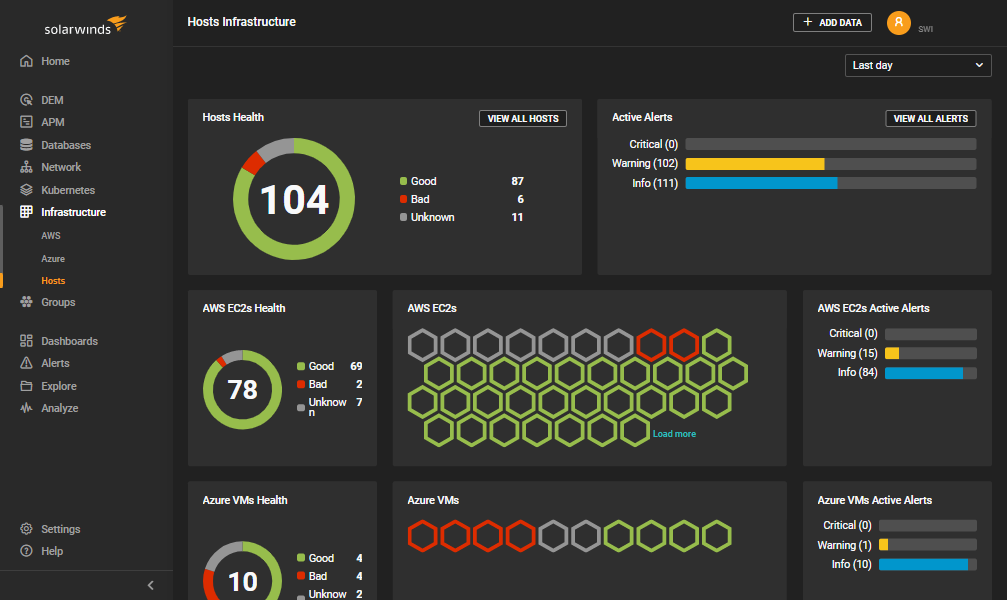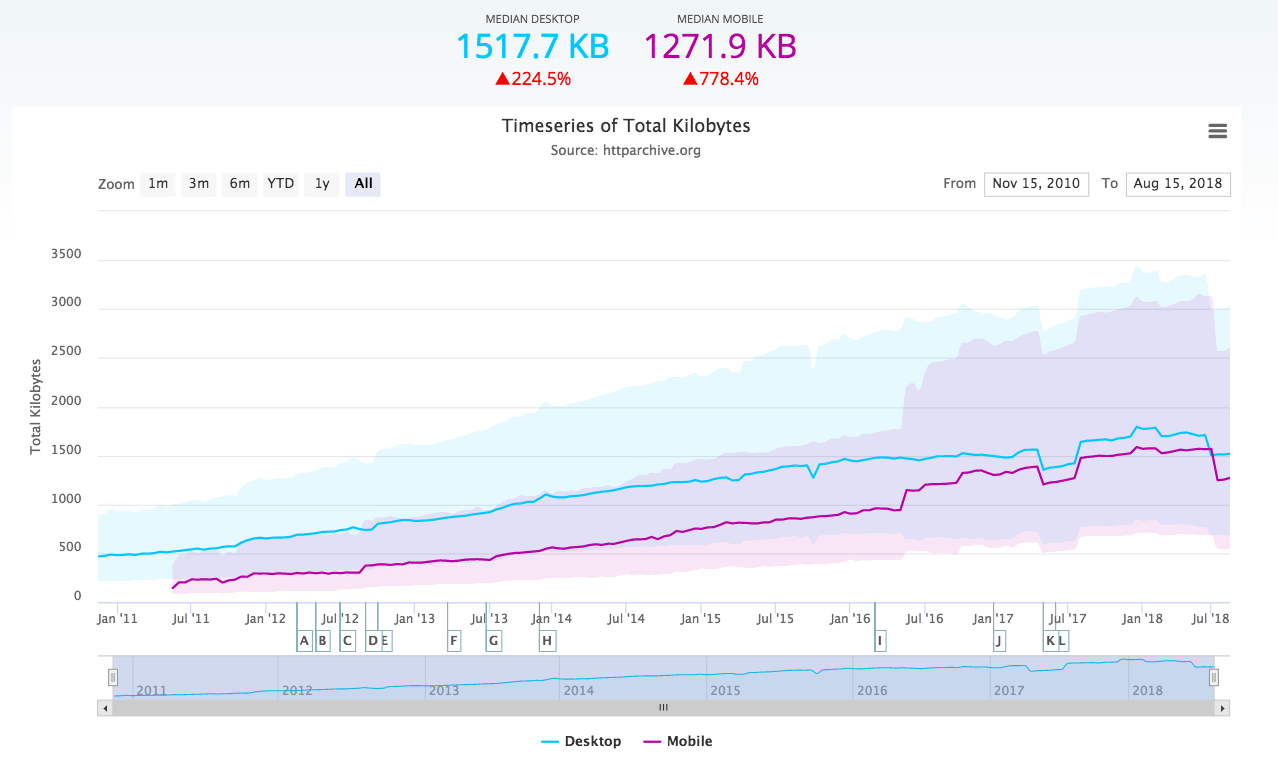 Perceptions matter, and the perception of Nokia in the news, on the web, and in the minds of many, is that things aren’t going that well. Even in the Pingdom office, we hear “Nokia is doomed,” but do the numbers support this belief?
Perceptions matter, and the perception of Nokia in the news, on the web, and in the minds of many, is that things aren’t going that well. Even in the Pingdom office, we hear “Nokia is doomed,” but do the numbers support this belief?
Looking at the statistics, Symbian leads the mobile operating system race with just over 30% of web browsing traffic. That’s down slightly from late last year, when we noted that Symbian finished 2011 as the top mobile operating system, with almost 34% of the mobile OS market.
What is even more interesting, however, is that Nokia is also ahead when we look at figures for all the mobile handset vendors. In fact, Nokia is way ahead of Apple, and Android lags far behind.











 WorldHostingDays Global
WorldHostingDays Global  It was three years ago today (March 19, 2009) that Microsoft unleashed Internet Explorer (IE) 8.
It was three years ago today (March 19, 2009) that Microsoft unleashed Internet Explorer (IE) 8.  Do you have a big screen TV in your living room? Of course you do! Do you browse the web using that TV? Probably not, but you will sooner or later.
Do you have a big screen TV in your living room? Of course you do! Do you browse the web using that TV? Probably not, but you will sooner or later.
 Have you ever had a Mac that didn’t want to start up? Perhaps it was stuck on that gray startup screen with a spinning wheel, without completing the process so you could log in and start working.
Have you ever had a Mac that didn’t want to start up? Perhaps it was stuck on that gray startup screen with a spinning wheel, without completing the process so you could log in and start working.


 Even the most hardcore Linux fan would admit that their favorite OS has not captured more than a very small market share on personal computers. And that would include us here at
Even the most hardcore Linux fan would admit that their favorite OS has not captured more than a very small market share on personal computers. And that would include us here at  Did your jaw drop when you first saw the
Did your jaw drop when you first saw the
 Who doesn’t like free stuff? We put together a selection of free Linux e-books that you can read, in many cases download, and use as references, or simply to learn something.
Who doesn’t like free stuff? We put together a selection of free Linux e-books that you can read, in many cases download, and use as references, or simply to learn something. For blogs and many other types of sites, getting an interaction going with readers is essential. But it would seem that many believe that installing a third-party comment system on a website, something like
For blogs and many other types of sites, getting an interaction going with readers is essential. But it would seem that many believe that installing a third-party comment system on a website, something like Perceptions matter, and the perception of Nokia in the news, on the web, and in the minds of many, is that things aren’t going that well. Even in the Pingdom office, we hear “Nokia is doomed,” but do the numbers support this belief?
Perceptions matter, and the perception of Nokia in the news, on the web, and in the minds of many, is that things aren’t going that well. Even in the Pingdom office, we hear “Nokia is doomed,” but do the numbers support this belief? Pingdom is one of the world’s fastest growing uptime and monitoring companies, measured by number of customers. In our ongoing effort to make the web faster and more reliable, we work proactively to improve our operations.
Pingdom is one of the world’s fastest growing uptime and monitoring companies, measured by number of customers. In our ongoing effort to make the web faster and more reliable, we work proactively to improve our operations.
 Do you remember the game “
Do you remember the game “




















